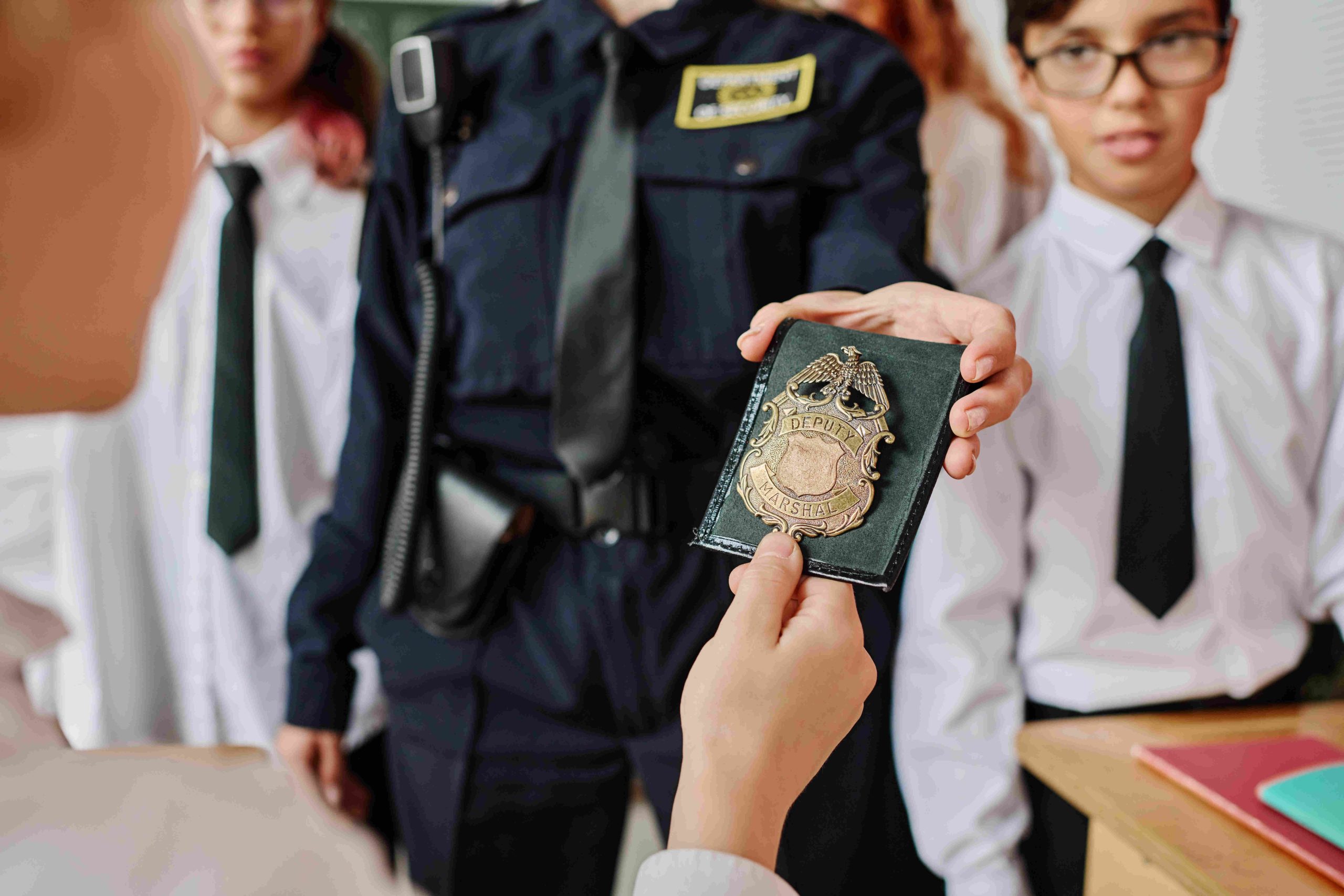- Free Consultation: (714) 351-0178 Tap to Call
Your Teen’s Rights During Police Questioning: A Parent’s Perspective

Teenagers are particularly vulnerable during interactions with law enforcement. They lack the life experience and confidence to handle high-pressure situations. Without guidance, they may unknowingly waive their rights or incriminate themselves during police questioning. A simple misstep—like answering a question without legal representation—can result in long-term consequences, including criminal charges, a record, or juvenile detention. At the Law Office of Katie Walsh, we provide strong legal advocacy for juveniles and their families. Contact us today to take the first step in defending your child’s rights.
How Police Tactics Can Exploit Teen Vulnerability
- Intimidation Through Authority: Teens are naturally inclined to respect authority figures, making them more likely to comply with police requests—even if it’s not in their best interest.
- False Promises: Police officers might suggest that “cooperating” or answering questions will make things easier for your child. They may even promise leniency, but these promises are rarely guaranteed.
- Confusing Questions: Officers might ask the same question in different ways or phrase their inquiries to elicit an unintended response. This can cause teens to give inconsistent answers, which can later be used against them.
Key Rights Your Teen Has During Police Questioning
Right to Remain Silent
Your teen doesn’t have to answer any questions from law enforcement. Anything they say can and will be used against them. Unfortunately, many teens don’t fully understand the weight of their words during a police encounter. An attorney can help ensure your child exercises this right, providing the guidance they need to remain silent until legal counsel is present.
Right to an Attorney
Juveniles have the right to legal representation during police questioning. This isn’t just a formality—it’s vital to ensuring your teen’s side of the story is heard. With an attorney present, law enforcement can’t manipulate or coerce your teen into saying something that isn’t accurate. This legal representation becomes the cornerstone of building a strong defense if charges are filed.
Your Role as a Parent During Police Questioning
Demand Legal Representation
If your teen is being questioned, ask for an attorney immediately. You have the right to insist that your child has legal representation before they answer any questions. An attorney will not only protect your teen’s rights but also act as their advocate during the entire process.
Stay Calm and Supportive
Your teen may feel frightened, confused, or overwhelmed. It’s your job to remind them that they are not alone. Let them know that their silence and refusal to answer questions without a lawyer are not signs of guilt—they are their rights. You can help your teen stay strong during this challenging time by remaining calm and supportive.
Protect Your Teen’s Future with Orange County Juvenile Defense Attorney
When your child’s rights are at stake, you need someone who truly understands juvenile law. Katie Walsh has dedicated her career to defending teens and families in Orange County, bringing compassion and determination to every case. With experience as both a prosecutor and a defense attorney, she knows how the system works—and how to fight for the best outcomes for your child. Our firm is committed to ensuring that your teen receives personalized attention, tailored defense strategies, and the respect they deserve in the legal system. Call (714) 351-0178 to explore legal options or fill out this online form.






